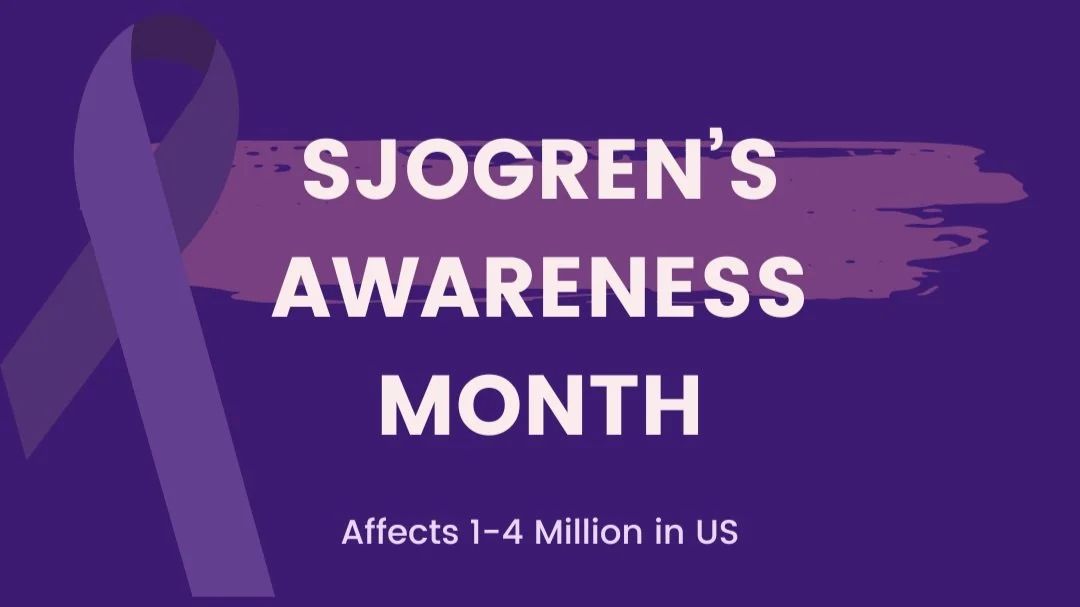Autoimmune thyroiditis
Evidence: Antibody
Names
Autoimmune thyroiditis
Chronic lymphocytic thyroiditis
Hashimoto’s thyroiditis
Hashimoto’s disease
Description
Autoimmune thyroiditis is a chronic disorder where the immune system creates antibodies that attack the thyroid and cause inflammation. This inflammation initially results in excess release of thyroid hormones (hyperthyroidism) and causes damage to the thyroid. Over time, this damage leads to insufficient thyroid hormone production (hypothyroidism), causing fatigue, weight gain, and depression. Both genetic and environmental factors play a role in the development of this disorder. Several disorders fall under the umbrella of autoimmune thyroiditis including Hashimoto’s thyroiditis and Ord’s thyroiditis. There is no cure, but hormone treatments are available to manage symptoms.
Bloggers
Prevalence
US Cases: 1,600,000 - 1,900,000 [Eaton 2007]
Typical Age of onset
Women age 30-50
Men age 40-65
Symptoms
Fatigue
Sensitivity to cold
Constipation
Pale skin
Dry skin
Brittle nails
Hair loss
Weight gain
Muscle aches
Joint pain
Depression
Memory lapse
Slowed heart rate
Heavy menstrual bleeding
Cold intolerance
Voice hoarseness and pressure symptoms in the neck from thyroid enlargement
Slowed movement and loss of energy
Decreased sweating
Mild nerve deafness
Loss of feeling in feet and hands (peripheral neuropathy)
Galactorrhea
Depression
Dementia and other psychiatric disturbances
Muscle cramps
Menstrual irregularities
Sleep apnea
Daytime sleepiness












